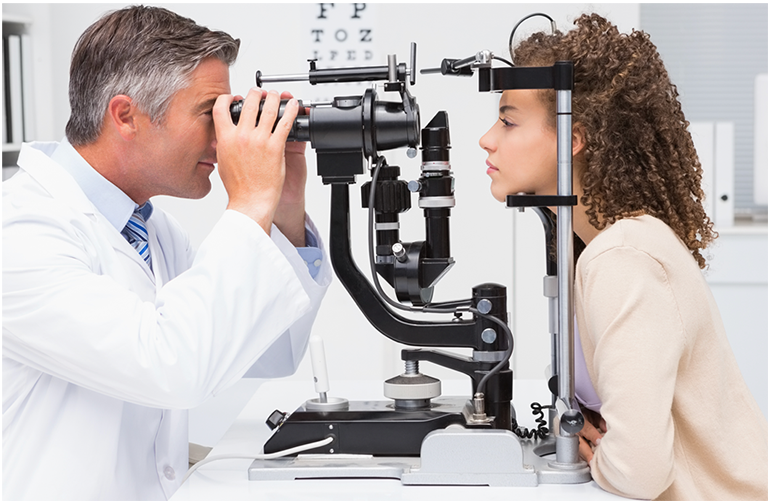Eye health can be neglected by many people in lieu of skincare and oral care, among others. But as we age, our eyes require more care and we need to become more vigilant about ensuring that we protect our vision. Whether you wear corrective lenses, or you have 20/10 eyesight, you need to continue to care for your eyes.
Eyecare For All Ages
Children, adolescents, young adults, middle-aged adults, and older adults, all need to focus on keeping their eyes healthy and while eyecare differs by age, there are some common themes. Below we outline some of the basic tips for caring for your eyes:
- Schedule Regular Eye Exams – It is recommended to go for an eye exam at least once a year. If you really want to keep your eyes healthy, it’s even better to go every six months. For the children, this can help them succeed in school because most of the work they need to complete requires good vision. In addition, myopia (nearsightedness) is becoming a growing concern for children because as they age, they develop worsening conditions if left untreated. Getting regular eye exams also ensures that you are checked for Glaucoma. If you develop Glaucoma and leave it untreated, it can result in permanent vision loss. Finally, getting your regular eye exam protects more than your eyes – it can also diagnose other physical ailments that may have developed, such as diabetes, high blood pressure, or high cholesterol.
- Exercise – As we said above, eye health is tied to other physical conditions. Therefore, by engaging in moderate exercise, you can reduce your risk of developing serious illnesses such as high blood pressure, diabetes, and more, which in turn affect your eyes. In addition, studies have found evidence that engaging in exercise can reduce the risk of eye diseases such as cataracts and glaucoma. While scheduling the eye exam is a great first step, it falls on you to take care of yourself and listen to what your optometrist recommends.
-
Don’t Smoke – Most people are aware that smoking can cause serious illnesses such as heart disease and lung cancer, but one area that has been understudied is its effect on eyesight. Smoking can cause vision loss or blindness. Smoking increases the risk of developing a variety of eye diseases such as:
- Age-related macular degeneration
- Cataracts
- Glaucoma
- Diabetic retinopathy
- Uveitis
- Infant eye disease
- Protect Your Eyes from The Sun – Sunglasses aren’t just stylish accessories. They serve an important role in protecting your eyes against harmful UV rays. According to the National Eye Institute (NEI), some of the negative effects of direct exposure to UV rays are cataracts, macular degeneration, and pterygium, which can cause astigmatism. It seems like buying yourself a pair of quality sunglasses is a much better alternative to developing these serious conditions. When you’re looking for the right sunglasses for you, identify the pairs that block out 99-100% of both UVA and UVB radiation.
- Wear Your Eyeglasses – Last, but certainly not least, if you need glasses or contact lenses, make sure that you’re wearing them as often as you need them to see. If you need them to see at all times, then you should be wearing them all the time. When you don’t wear your eyeglasses, it won’t necessarily make your vision worse, but you’ll be putting your eyes under a lot of extra strain. This results in headaches and fatigue. It’s also important to note that if you wear corrective lenses that are too strong for near vision tasks, you can cause the same problems as when you do not wear your glasses at a time when you do need them. Therefore, you want to always check in with yourself to determine when you should wear your glasses and remain aware of any pains that could be related to not wearing the correct glasses.
Maintaining Your Eyewear
At Eyeglass Supply Store, we know that getting glasses or contact lenses is just an initial step in caring for your eyes. In order to keep your corrective lenses working properly, you need to maintain them. That involves cleaning your lenses with a high-quality cleaner and microfiber cloth. If you have contacts, you want to make sure you have the right contact lens case to store them when you’re not using them. All of these supplies, and more, can be found on our website.

